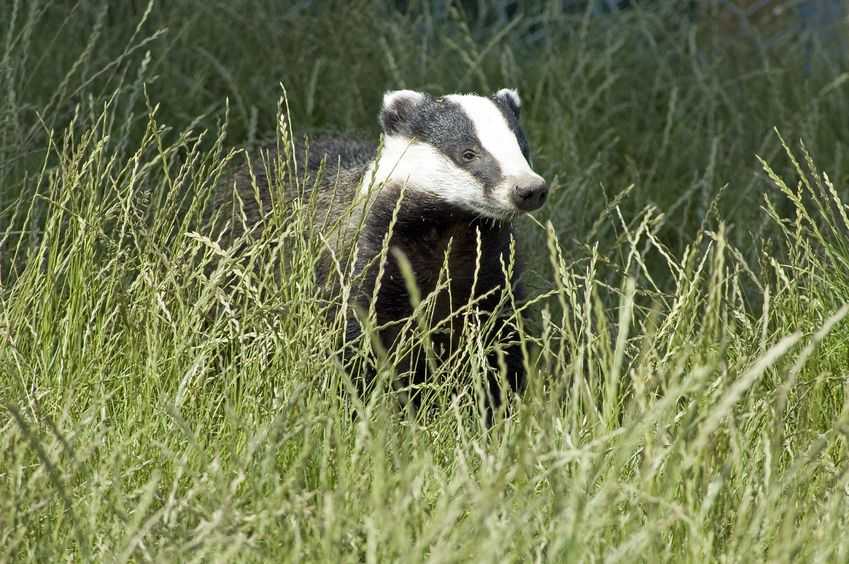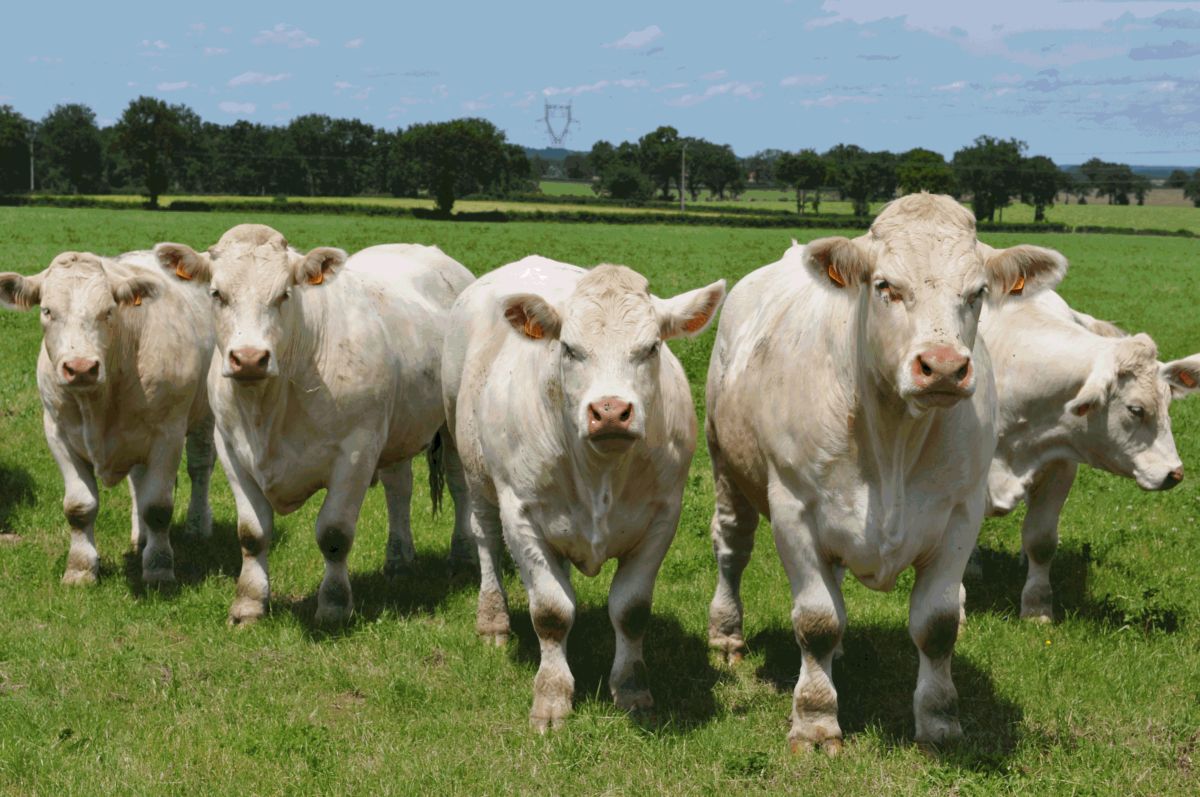
Wales will now use regional zoning to continue its efforts to defeat bovine TB, the Welsh Government has confirmed.
The Welsh Government will now focus on cattle-based measures, and the ruling out of an England-style badger cull.
From October 1, two Intermediate, two High and one Low TB areas will be established, with tailored measures applied to each zone.
The Climate Change, Environment and Rural Affairs Committee recommended the regionalised approach to tackling TB.
Farmers in high risk areas, such as Pembrokeshire, Carmarthenshire and along the border with England, would face tougher rules around moving and selling their cattle and more testing
Farms with a long-term history of TB problems will be given individual action plans.
In these herds, where there is evidence of infection in the badger population, "a range of options" will look to reduce the risk of TB spreading, including cage-trapping, testing and where necessary, humanely killing infected badgers"

NFU Cymru has welcomed the announcement on bovine TB this afternoon as a ‘step forward’ in tackling the disease in Wales.
'Frustrated'
Responding to the announcement, Farmers' Union of Wales (FUW) Bovine TB spokesman Brian Walters, said as expected, the refreshed Welsh TB programme continues to focus almost entirely on cattle controls.
He said: “The FUW has continued to reiterate members concerns regarding the implementation of measures such as regionalisation, without significant measures to tackle the disease in wildlife.
“However, whilst we recognise that many of our members will be frustrated by the new rules, many of the FUW’s key concerns have been allayed and the Union is pleased that the Welsh Government has listened to many of the issues outlined in our consultation response.”
The FUW said it strongly opposed the proposal to add a further 60 days of movement restrictions for herds passing a clearing test, emphasising that this would increase the minimum time period that any herd was under restriction to at least six months.
The Welsh Government accepted the farming union's concerns surrounding this issue and the proposals outlined today would allow the clearing test to continue to be used as a pre-movement test, except in chronic cases.
Tackling disease in wildlife
Other concerns highlighted by the FUW, relating to policies such as the lifetime restriction of clear tested inconclusive reactors to the herd and 6 monthly testing in the High Risk Areas, have also been accepted by Welsh Government and such policies are now only being used in a targeted approach to disease control.
The farming union said it was also pleased to note a small positive step forward in tackling the wildlife reservoir of disease.
Mr Walters continued: “Successful TB eradication programmes in other countries have included a commitment to tackle the wildlife disease reservoir and the FUW therefore welcomes the proposal to begin targeted badger removal in herds with persistent TB breakdowns in the High TB area.
“However, whilst the FUW is pleased to see recognition of the need to deal with wildlife in chronic breakdown herds, we would seek to ensure that any strategy for badger removal be extended if benefits could be conferred elsewhere in Wales.
“A targeted wildlife approach is a positive first step in establishing an holistic disease programme in Wales. However, it is essential that evidence on the degree to which badger populations are infected with TB continues to be gathered proactively across Wales.
“As with strategies relating to cattle populations, any indication of TB in badgers should lead to badger removal in infected areas,” added Mr Walters.
